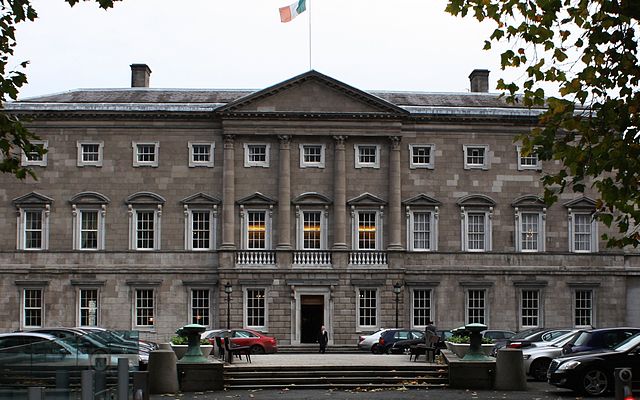The employers group Ibec, as well as the Irish Farmers Association, have called for an income-contingent loan scheme to be included in a new funding model for higher education.
In a presentation to the Oireachtas Education and Skills Committee this morning, the Director of Education at Ibec, Tony Donohoe, said that an income-contingent loan scheme is the “only equitable and sustainable option”.
Echoing the words of many of those who have appeared before the committee, Donohoe warned that the time for debate on funding had passed. “Failure to invest now in third level”, he said, “will place an entire generation of students and the future of this country at a profound disadvantage.”
Ibec, which represents Irish business, has over 7,500 members across hundreds of businesses. While Donohoe acknowledged that there were questions about financing an income-contingent loan scheme in the short-term, he was strongly critical of a model that relied on state funding.
State funding, he said, was “nice as a notion, but the reality is we’re not going to have an additional billion that is set out in the Cassells report”.
The Cassells report, published in July, set out three options for the funding of higher education – the abolition of the student contribution and the creation of a predominantly state-funded system, the continuation of the current student contribution charge coupled with increased state investment, and the introduction of an income-contingent loan system .
The Minister for Education and Skills, Richard Bruton, has given the Education and Skills Committee the responsibility for deciding on a “consensus” model for higher education funding. Over the last two months, the committee has heard presentations from a number of groups, including the heads of Irish universities and the heads of institutes of technology.
“If you are totally reliant on the state, and the next economic downturn comes along, you can guarantee it is higher education that will be cut”, he added.
An increase in the National Training Fund has been discussed at each meeting of the committee. Commenting on the potential for such an increase, Donohoe warned that an increase in the fund shouldn’t be used as a “sticking plaster”.
While not rejecting an increase, he warned that “any adjustment to the national training fund has got to be part of a bigger solution”.
A contribution from employers, he said, is “not going to make a considerable difference”, adding that employers would be less supportive of using the fund to support higher education if “we felt it was being put into a black hole”.
Trinity College Dublin Students’ Union (TCDSU) President, Kieran McNulty, and President of the Union of Students in Ireland (USI), also appeared before the committee this morning. Both called on the committee to consider a publicly funded model for higher education, and were critical of an income-contingent loan scheme.
“If a proposed scheme will at the worst severely curtail access and at its best keep access rates the same, as the loan system will do, why are we pursuing it?”, McNulty said.
He also called for an increase in the National Training Fund: “There needs to be a balance, and employers are categorically not playing their part.”
At the last meeting of the Oireachtas Education and Skills Committee, the author of the reporting on higher education funding, Peter Cassells, suggested that a “hybrid” of the three options is possible. Bruton has indicated that, rather than the second quarter of 2017 as initially outlined, a decision on a new funding model for higher education should be made by the next Budget.







